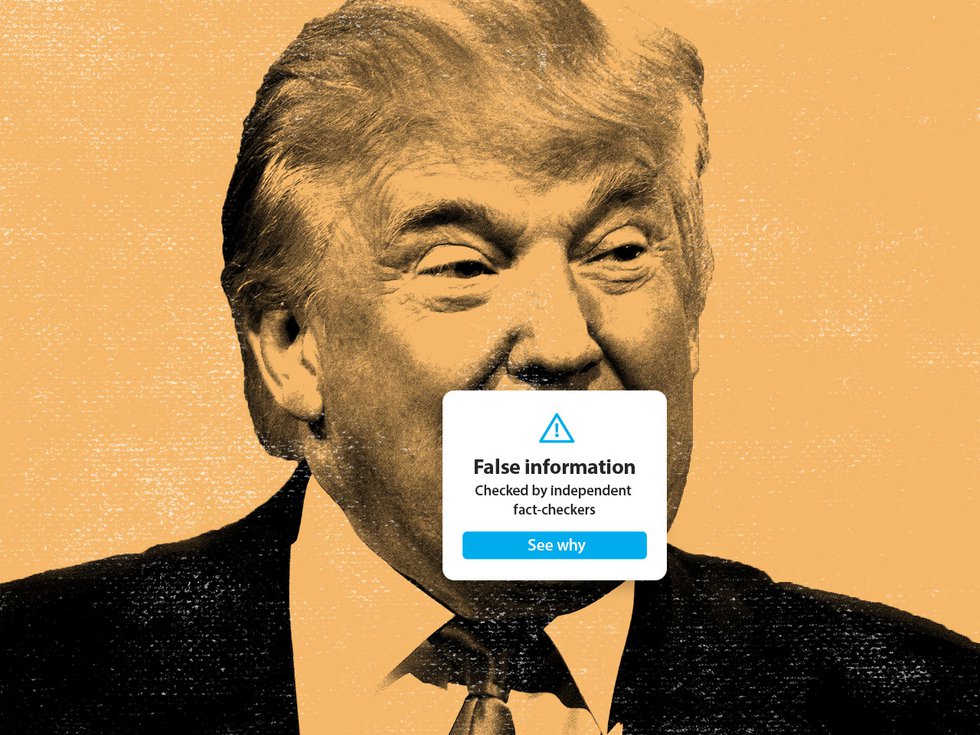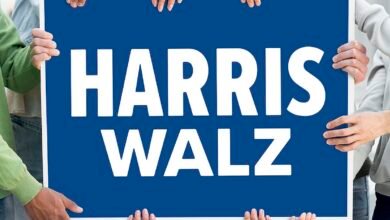Prepare for battle in the fight for democracy – Isthmus


There are, let’s face it, just two possible outcomes in the upcoming presidential election. The first is that Donald Trump wins, which would almost certainly require that he carry Wisconsin. He would then set about enacting his radical, retribution-driven agenda.
The other possible outcome is that Trump will lose and insist the election was stolen from him, as he did after the 2020 result. He will make this claim no matter how baseless it is and even if the margin of his defeat is greater than it was then. He will urge his supporters to “Fight Fight Fight” and a goodly number of them will heed his directive, as they did before.
This is our horrifying predicament. Either way leads to bitter strife. We must be prepared to respond — nonviolently, and with fidelity to the truth.
I am not among those who contend that the future of American democracy will be decided by the Nov. 5 election. It’s an important battle but it will not end the larger war, no matter who becomes president. As legendary Wisconsin Sen. Robert “Fighting Bob” La Follette once said: “[D]emocracy is a life, and involves continual struggle. It is only as those of every generation who love democracy resist with all their might the encroachments of its enemies that the ideal of representative democracy can even be nearly approximated.”
But a battle is coming, and it’s one in which the swing state of Wisconsin will play an outsized role, as is often the case. Trump is already laying the groundwork for another attempt to steal the election. “We don’t need the votes,” he has told his followers, repeatedly, a clear sign that votes are not the method by which he intends to return to power. He represents a real and present danger to the American experiment.
What’s needed in response is a full-on effort to identify and rapidly debunk “election integrity”-related aspersions. To this end, a network of groups has been working to educate the public on the many safeguards that are in place to prevent cheating, often through public events involving election workers of both parties. Just as the proper response to offensive speech is good speech, the proper response to disinformation is accurate information.
Or as Debra Cronmiller, executive director of the League of Women Voters of Wisconsin, says in an interview, “When someone says our election equipment tabulators were hacked, it’s probably a really good idea to understand that they are not connected to the internet. There’s no possibility that that can actually be true in Wisconsin.”
The League, on Election Day, will have hundreds of observers on hand to respond to any problems that occur. In the meantime, it has posted on its website a series of articles called Ballot Bulletin that authoritatively explains everything from pre-election equipment testing to election rules regarding convicted felons (no doubt a subject of keen interest to Trump). And it has sought to call positive public attention to the election workers who run the show at the local level.
As Cronmiller notes, “People are vulnerable to misinformation when they don’t understand election administration, are not familiar with the statutes that govern our elections, and don’t, for some reason, have trust that their neighbors, who are their poll workers, their clerks, that they’re able to do the job that they’ve been entrusted to do, which is to administer our elections.”
That’s one of the most insidious things about election denialism — it turns those who fall under the sway of Trump’s delusions against their fellow citizens who are just stepping up to perform their civic duty of helping run free and fair elections. The demonization of and threats toward election officials has led to the highest turnover rates in decades — further proof, if any were needed, of the toxic effect that Trump has had on the body politic.
Another group seeking to idenTIFY misinformation and rebuild trust in what is essentially a trustworthy process is the Wisconsin Alliance for Civic Trust, funded by the Carter Center.
“Given what happened in 2020 and the fact the election is likely to be close, it’s only prudent to be concerned,” says David Haynes, a Democrat who along with former Republican Gov. Scott McCallum co-leads the “cross-partisan” group. WisACT is running a messaging campaign and holding workshops to help citizens “actively counter acts of intimidation and violence by encouraging dialogue, communication to de-escalate, and coordinating rapid response efforts.”
The Wisconsin Elections Commission, meanwhile, has a section on its website where it tackles such conspiratorial queries as “Did the WEC give Dominion permission in June 2021 to update all voting equipment in Wisconsin?” and “Were there ‘ghost’ or ‘phantom’ voters in Wisconsin’s 2020 election?” (No and no.) And it provides detailed information about the handful of cases where fraud attempts were made, noticed and prevented.
It would be folly, of course, to suggest that any amount of evidence will keep Trump’s devotees from believing that nothing other than massive fraud could possibly account for the electoral defeat of the GOP’s clearly deranged, morally bankrupt, twice impeached, four times criminally indicted standard-bearer. Neither he nor they will go gentle into that good night.
So, in addition to voting, the people of Wisconsin must be prepared to fight against falsehoods and calls for insurrection, as part of the continual struggle on which democracy depends.
Bill Lueders, Isthmus news editor from 1986 to 2011, is a writer in Madison.



